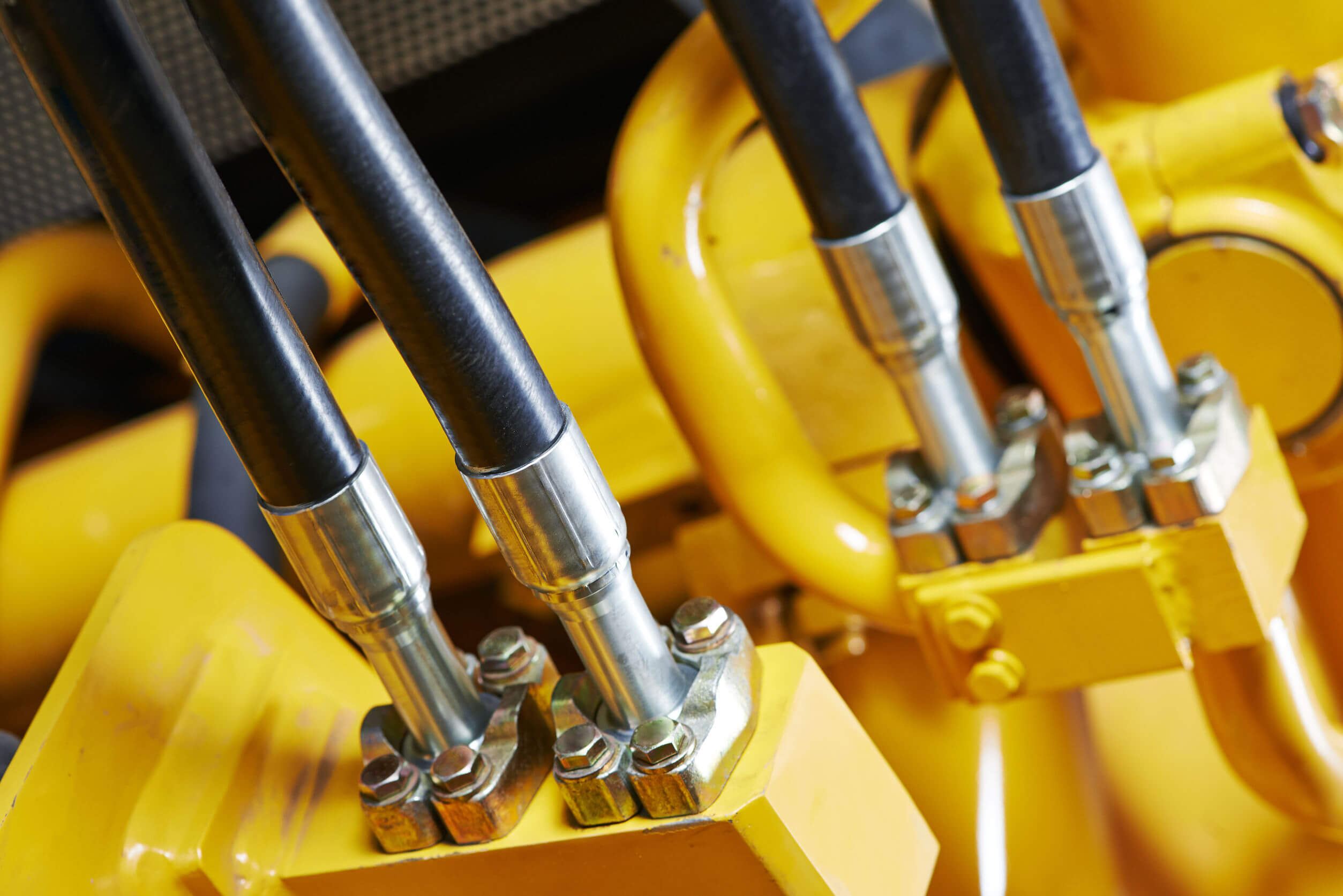Business
When Should You Inspect Hydraulic Hoses?

You may be inclined to think that inspecting your hydraulic hoses is no big deal. However, it can reap some sizeable benefits. It might not only prolong the lifespan of your hoses but also save your company some money. That’s good for you and us because we can keep doing what we love to do – which is saving you money.
The best way to prevent major damage caused by hydraulic hose failure is to inspect them regularly by 1800 HOSE VAN Hose Fixers. Hydraulic hose breakdowns aren’t rare, but they can be less expensive to repair if detected early. Inspecting hydraulic hoses on a regular basis is the only way to ensure their integrity. You can also contact rubber hose suppliers to get yourself some new hoses if need.
Preventive maintenance
While straight hydraulic hoses are frequently employed for connecting cylinders and extending the reach of articulated frames, there exist superior alternatives for straight-line applications, such as suction equipment, lifting devices like hand trucks or cranes, and mobile hydraulic pumps. In such scenarios, the utilization of polyurethane hoses proves advantageous, as they offer enhanced ease of installation and performance. By opting for high-quality industrial hydraulic hoses in these specific applications, the efficiency and functionality of industrial systems can be significantly improved.
A rolling schedule of lubrication will protect your equipment and keep it running at its best. For example, if you lubricate your equipment monthly, you should perform the inspection prior to lubrication. If you decide to complete the inspection every three months (either at the end of each quarter or the end of one calendar year), this would also be performed before lubricating your equipment.
Early warning signs
Many industries now use hydraulic equipment as part of their daily operation. From construction to agriculture, hydraulic systems are used every day. The ability to work with such force and power can greatly improve efficiency and ease of operation and make it crucial to ensure hydraulic hoses stay in good working condition. One way of doing this is by staying on top of early warning signs of a potential hydraulic crimping tool and knowing what precautions need to be taken if any of these symptoms appear.
Sudden hydraulic hose failure is a common issue with lift trucks. The sudden rupture of a hydraulic hose can cause a number of problems, ranging from minor damage to a major safety hazard. Understanding the causes and symptoms of a potentially dangerous leak will help you determine whether or not your hydraulic hoses are at risk of failure.
Hose Connectors
Good hydraulic hose preventative maintenance will ensure that your hose connectors have a long, trouble-free life. Hydraulic hose connectors are used in many different types of equipment, from agricultural machinery to manufacturing equipment.
Contaminated water is a major concern in the marine industry, and proper hose maintenance and inspection are vital to ensuring cargo and crew safety. All hoses and hose connections must be inspected and tested for pressure leaks before every voyage.
A hose becomes stressed when you exert pressure on it, which can be caused by water, air, or even the weight of the hose itself. If you put too much pressure on a length of hose that has already been stretched past its recommended point, the hose could burst at the fittings, cause serious injury to anyone standing nearby, and lead to expensive repairs.

-

 Business3 years ago
Business3 years agoHow to Do Long-Distance Moves with Children
-

 Travel2 years ago
Travel2 years agoQuick Guide: Moving To Santa Rosa?
-

 Real Estate3 years ago
Real Estate3 years agoWhy Dubai Festival City is a Great Neighbourhood for Young Learners
-

 Business3 years ago
Business3 years agoIs Guest Posting a Good Inbound Marketing Strategy?
-

 Business1 year ago
Business1 year agoThe Ultimate Guide To Thriving In Your Printing Franchise
-

 Business1 year ago
Business1 year agoExploring The Benefits And Challenges Of Restaurant Franchising
-

 Tech3 years ago
Tech3 years agoCyber Table That Will Change Your Life
-

 Lifestyle1 year ago
Lifestyle1 year agoDallas’ Hidden Gems: 6 Must-Try Restaurants Off The Beaten Path!









Recent Comments